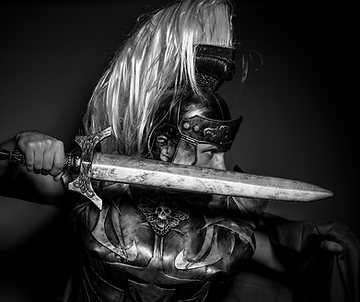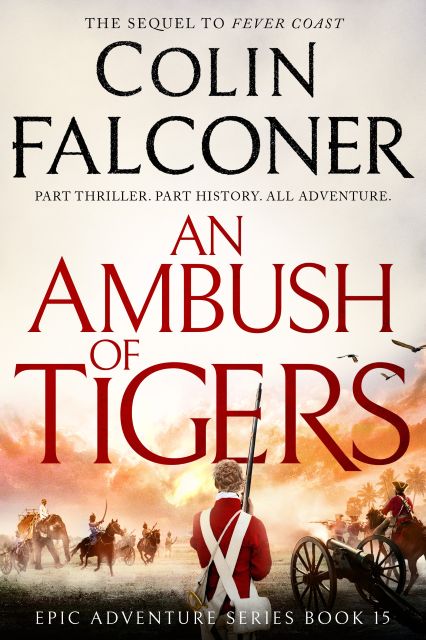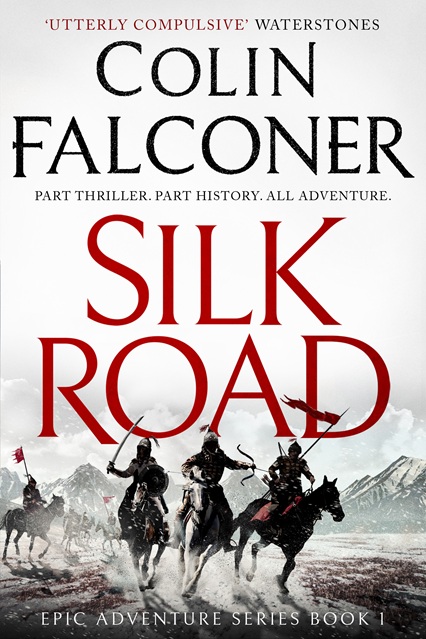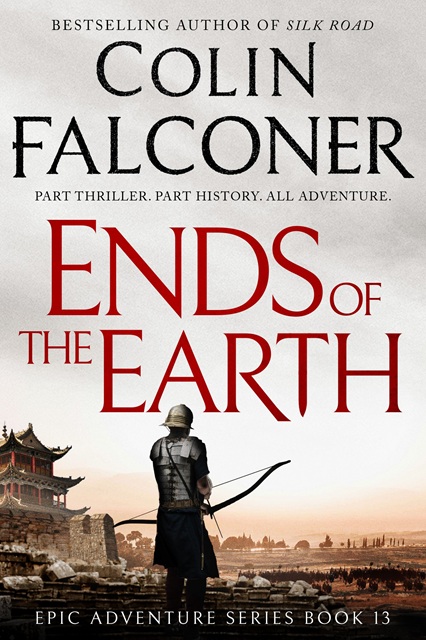Fight Club meets The West Wing
‘There was a dream that was Rome. It shall be realised.’
You might remember these as the last words spoken by Russell Crowe when he lay dying in the sands of the Colosseum in Ridley Scott’s classic Roman epic, Gladiator.
Crowe was playing the part of gladiator and disgraced general, Decimus Maximus. He had just killed Emperor Commodus in single combat to avenge the death of his wife and save Rome from the emperor’s oppression.
Now I have some bad news, and I’d rather you heard this first from a friend. Russell Crowe didn’t save Rome. No one did. Though the real-life Commodus did fight in the arena as a gladiator quite regularly, he didn’t die in a combat with one of his former generals. He was strangled in his bath by Narcissus, his wrestling partner.
And his death didn’t save the Empire. In fact, his assassination marked the beginning of its long but certain decline.
That is what most historians thought, anyway.
The Roman Empire continues to fascinate
A recent Tik Tok trend indicates that the dream of Rome is still very much alive in the west. If Tik Tok can be believed – and who doesn’t believe in the absolute veracity of social media – men in the western world think about the Roman Empire a lot. At least two or three times a day in fact.
How can this be? What is it that they think about?
In the movie, Maximus was fighting for the pure ideals of democracy. Despite massacring a poorly armed indigenous population in the opening credits, he was philosophically opposed to violent suppression and authoritarian rule.
But no, a love of democracy isn’t forefront in the minds of the contemporary male population.
It seems the reason the Roman Empire continues to fascinate is its association with raw masculinity and power, especially the elite male code of violent gladiatorial combat. Fight club with sandals.
Stories of Ancient Rome
I’m not a Tik Tok user, but I also spend an inordinate amount of time thinking about the Roman Empire. A lot more than the socially acceptable two or three times a day.
My fascination is professional. The stories of Ancient Rome are a rich vein to mine for any writer. From the hubris of Julius Caesar to the vainglory of Gnaeus Pompey and the insatiable greed of Marcus Crassus, Roman history reads like a Greek myth.
It’s the story of the rise and fall of an empire that once encompassed a third of the world’s population. Rome’s iron grip on the politics of the western world was once unrivalled, yet it eventually imploded because of the corruption and incompetence of its political structures and the megalomania of its leaders.
It has resonance for us today.
The lost legion
One story, that has kept me totally absorbed for the last year, involves Crassus and a battle that proved to be one of the greatest disasters in the Empire’s history. Twenty thousand men died. Ten thousand were taken prisoner and were never heard from again.
But it wasn’t Crassus that interested me. It was one of the ten thousand who were taken prisoner; a man called Lucius Severus Valerius. One of those men who lived by that ancient male code of honour and courage.
I wrote about him in my best-selling historical adventure thriller, Ends of the Earth.








